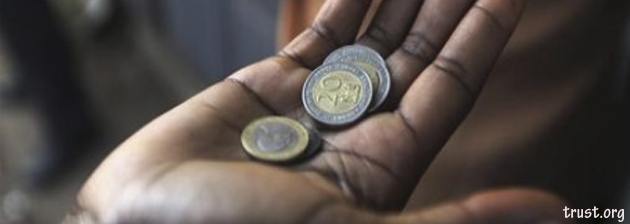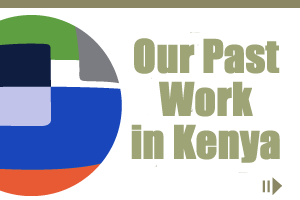“I can remember well that Friday night, when I was taken to the ward. It was around 11:00 pm, we had no money to hire a taxi so my husband and I took a matatu. I was in great pain and I did not see myself arrive at the hospital,” explains Mama Faith, a mother to new born baby boy who lives in Langas, Eldoret. She remembers the pain of labour.
“This had come at a very difficult moment of our life, a time when my husband had no money. They have not been paid their salary for 2 months now.” Mama Faith left the hospital the following day. At least the hospital bill was affordable – and the NHIF took care of it.”
Mama Faith is one of the many Kenyans whose access to government supported health care is now threatened following the emergence of a financial scandal at the National Hospital Insurance Fund (NHIF). The scandal involves the allocation of funds to a new and seemingly dubious outfit – jeopardizing the scheme that would have been a blessing to many Kenyans.
At a workshop dubbed “Understanding the ethics and anti-corruption Act 2011”, William Oloo Janak, the Chair of Kenya Correspondence Association told trainees that corruption manifested itself in every election year, because politicians are fund raising. The Ethics and Anti-Corruption Commission’s Nicholas Simani urged journalists to report objectively on issues that affect the public.
Janak encouraged journalists to venture more into investigative journalism – to do those stories that would ensure that Kenyans like Mama Faith don’t fall victim to the embezzlement schemes of the political class.




